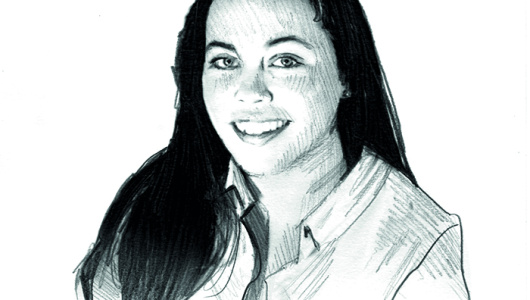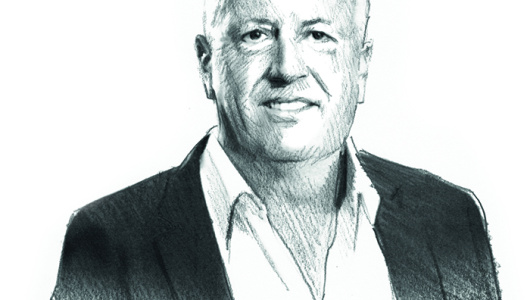
It was once said to me that we are in the business of dying too soon and living too long. And that it’s about needing to have the right amount of capital in the right place, at the right time.
As tax got more complicated over the years, with greater numbers enjoying greater wealth and with the desire for material goods having been gradually replaced by a desire for greater fulfilment, financial planning and wellbeing service propositions have also evolved.
But we also often hear from our elders that our health is our wealth. Without good health, you might not have the strength or energy to spend your accumulated riches.
We hear about the things we should be doing – 10,000 steps, crosswords and the like. If you pick up a later life financial advice handbook, you will typically see reference to taking advantage of free prescriptions, free sight tests, the free bus pass and so on. Keeping active staves off frailty and increases the ability to recover from setbacks.
Something also ‘free’, but less prominent, are the National Health Service (NHS) screening programmes. They provide a way of identifying whether a seemingly healthy person may be at increased risk of having a particular condition.
The aim is to offer it to people most likely to benefit from early detection, when treatment has a better chance of working. Prevention being better than cure, if there is one.
There is the basic free NHS health check every five years for those between 40 and 74. This is particularly useful to do prior to buying an annuity.
Something that has been less talked about is the NHS national bowel screening programme for those between the ages of 54 and 74. You can be sent a home testing kit every two years and, upon request, beyond that age range. The programme is being extended to include people from the age of 50 from May.
Colon cancer is often diagnosed at a very late stage due to the lack of symptoms and, as such, is sometimes referred to as a “silent killer”. It is less talked about because, let’s face it, it is fairly taboo to be talking about bowels. A recent campaign has helped the participation rate jump to around 70% from 40%. But us advisers can talk about anything, right?
Something else I want to pick up on is the NHS abdominal aortic aneurysm screening offered to men when they reach 65. An ultrasound scanner can detect this often symptom-free abnormality that can develop in the aorta, the largest artery in the body. It carries blood away from the heart, down through the abdomen to the legs.
This screening is only offered to men because aneurysms are six times more likely to happen in men than women. It takes the lives of 6,000 men a year. Around 85% of people who have an aneurysm die when it bursts before they reach hospital, or they do not survive surgery. However, if it is detected at an early stage, it can be monitored and treated if necessary.
And finally, there’s my own recent gig in dealing with hearing loss. Studies have shown that mild hearing loss doubles the risk of developing dementia, moderate hearing loss leads to three times the risk and severe hearing loss increases the risk five times.
Hearing is an essential part of brain health and as hearing aids help you hear more clearly, less ‘brain energy’ is required to figure out what is being said. Less strain on the brain is said to give the brain more energy to fight off degenerative changes in the brain.
I often see people persist with their poor hearing without a hearing aid and I am sure you have too. If they were made aware of the foreseeable harm possibly being made, they are more likely to take positive action.
The NHS should get in touch about the screenings. Acting on it is a different thing. The financial planner is well placed in making their clients aware of the importance.
I can hear the, “listen mate, I’ve got enough to do without also doing this”. But given the law of numbers, relay getting these things done and you will be thanked. By looking out for someone’s health, you are looking out for their wealth.
Mel Kenny is a chartered financial planner at Radcliffe & Newlands














In addition… if under the age of the freedom pass / over 60s oyster, wearing a hearing aid entitles you to purchase a Disabled Railcard. This gives you a third off rail travel, and a third off using the London underground once the railcard is loaded onto your oyster. Season tickets are treated differently.